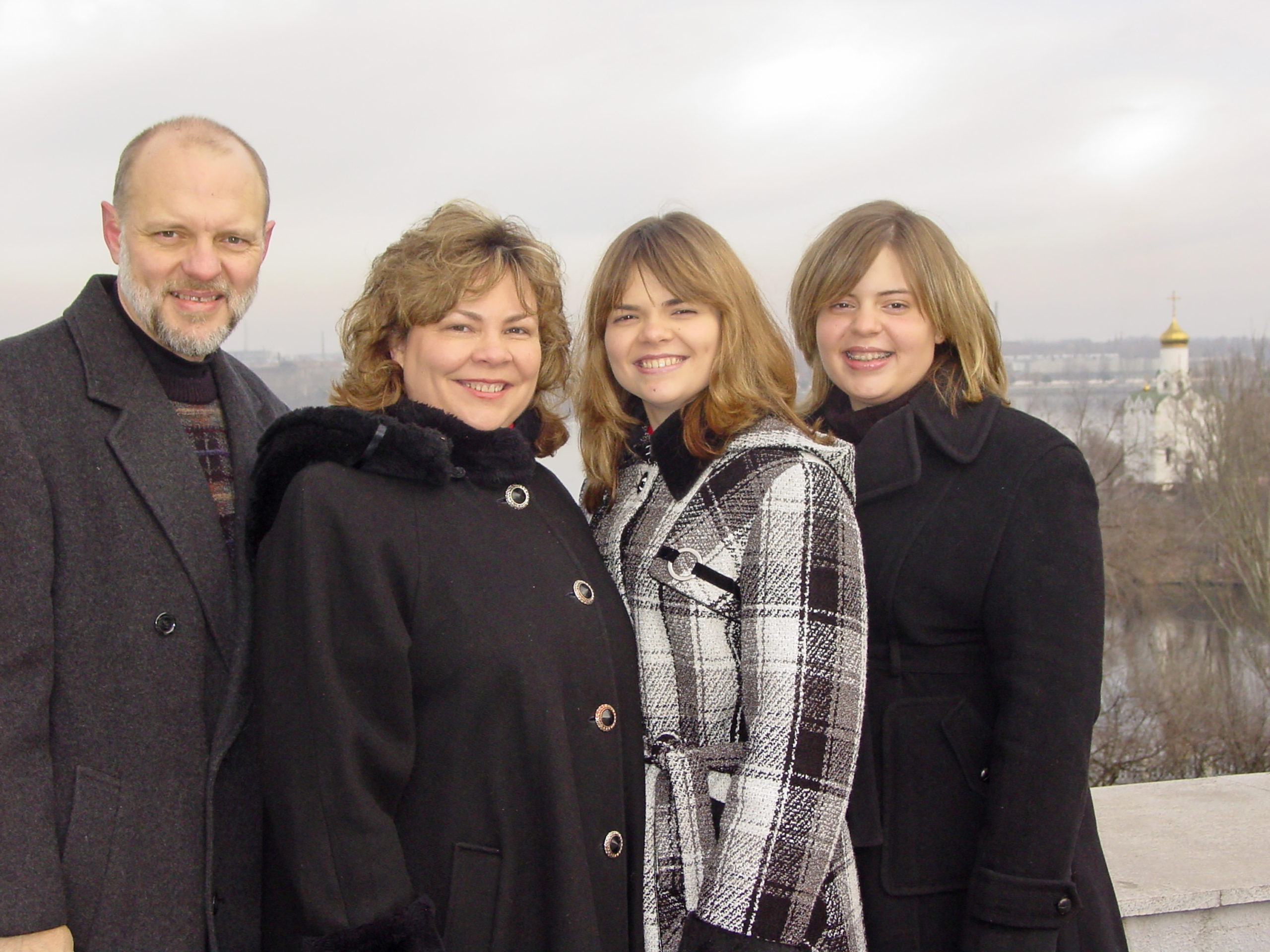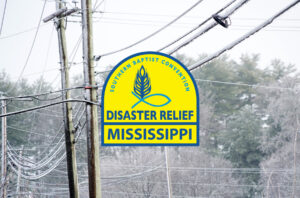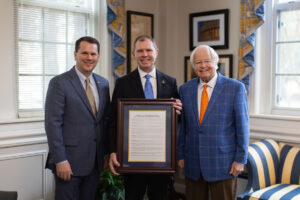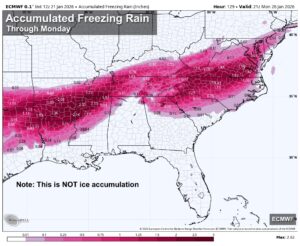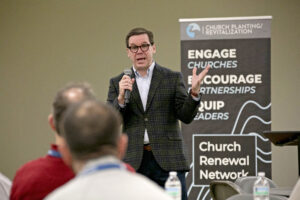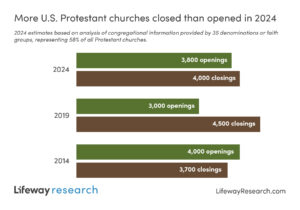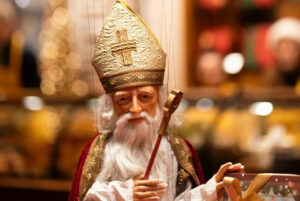By Tony Martin
Associate Editor
Mike Ray is following developments in Ukraine with a special intensity.
The director of missions mobilization at the Mississippi Baptist Convention Board and his family served as missionaries in Dniprotrovsk, Ukraine, with Southern Baptists’ International Mission Board (IMB) from 1995-2014.
Dniprotrovsk is in east central Ukraine, about a seven hour drive east of the national capital of Kiev. “We were responsible for the IMB work in that region, which is about the size of Indiana, about seven million people,” Ray said.
“There were about 3,000 towns without evangelistic churches. We were responsible for church planting, discipleship and evangelism projects, and other ministries. During our time on the field we worked with 180 different church teams. That’s not 180 churches; some churches came to Ukraine 15 years in a row.”
Reaching out
“Our primary work was in church planting,” he said. “That included all that leads up to the planting itself: training church planters, mentoring them, and a ton of relationship building.
“You just can’t come in and do anything unless you have a relationship with the people. That requires spending a lot of time with them just to earn ‘street cred.’ You just don’t go into a foreign country and start telling people what to do.
“We did evangelism projects, camps, Vacation Bible School, and sports camps. We did lots and lots of medical clinics, probably more than 350 day clinics. We did English language ministries, prayer walking, construction — and no, I never made it to all 3,000 towns,” Ray said with a smile.
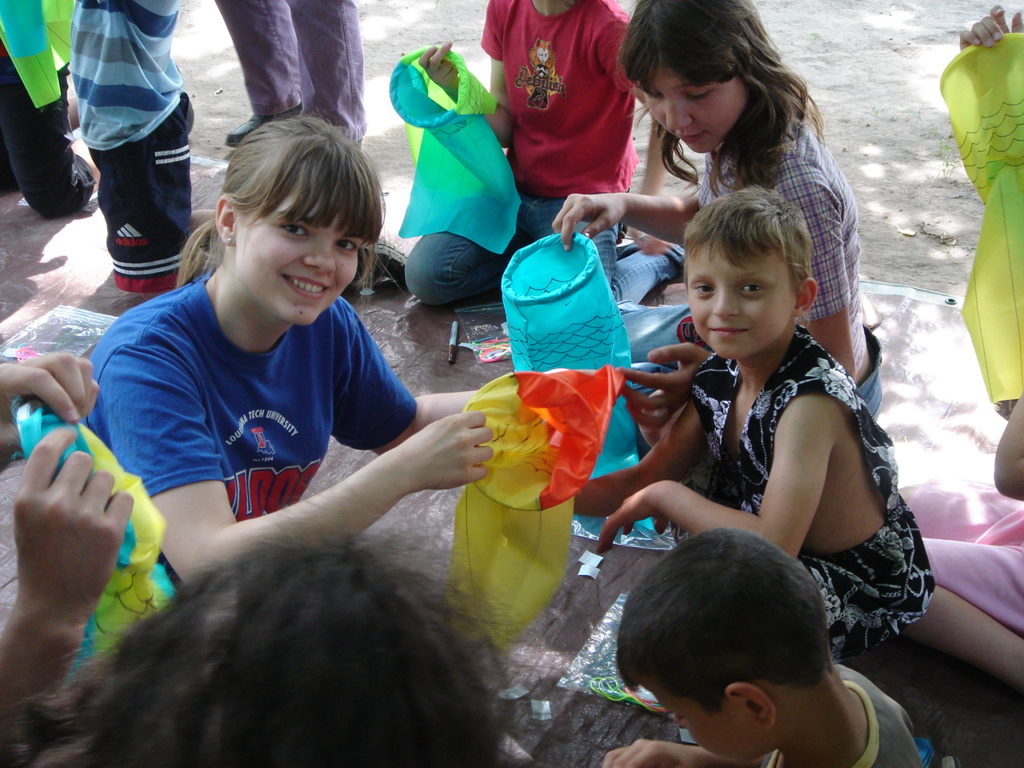
Acceptance not universal
While serving in Ukraine, the Rays — Mike, wife Linda, and daughters Rebekah and Hannah — worked under a religious visa at the invitation of the Baptists there, which gave them the freedom to conduct their missions activities even though they aroused suspicion with some in the country where Ukrainian Orthodox, Russian Orthodox, and Greek Orthodox are the predominate Christian faith groups.
“The political people didn’t really receive us well,” Ray said. “They thought Baptists were a cult, like all the other evangelical groups. If you aren’t Orthodox, you’re a cult, so people such as the mayor, people in political office… didn’t look favorably on you because they looked down on the people you were serving.
“Baptist evangelicals are a small subculture there. They aren’t really respected or appreciated but legally, we had every right to be there so we were okay.”
Living through revolutions
The politically-volatile country went through periods of unrest while the Rays served there.
“We had two revolutions,” Ray said. “Let me clarify by saying we aren’t talking about blood-in-the-streets revolutions, but there were times when major elections were overturned by people who didn’t accept the results of those elections.
“We once had a million people in the streets of Kiev and military tanks were rolling on the outskirts of the city. There were protests in Dniprotrovsk, too. In 2004, there was a major revolution called the Orange Revolution.
“In 2014, the president left the country in the middle of the night when [Russian President Vladimir] Putin took Crimea and invaded East Ukraine, which is the part of the country he is moving into right now.
“That border is about two hours from where we lived, so for about three months we had our ‘go bags’ packed. We didn’t know what was going to be on the news the next morning. We didn’t know if things were going to stabilize, just like we don’t know right now. We just knew we’d have to get in the car and start going west [toward Poland].”
With the most serious land war in Europe in almost 80 years ongoing, all IMB workers have evacuated Ukraine. “They didn’t have a choice,” Ray said. “The Board didn’t give them options. IMB makes their decisions based on their intelligence gathering. It looks like the right decision.”
History
Ukraine is the second largest country on the European continent after Russia in terms of land mass, and one of the poorest despite abundant agricultural and industry sectors, according to Encyclopaedia Britannica.
It was ruled by many empires and dynasties over hundreds of years and briefly enjoyed sovereignty from 1918-20. In 1920, it became a state in the communist Union of Soviet Socialist Republics (USSR).
With the collapse of the Soviet Union in December 1991, Ukraine declared independence but has always been a prize in the eye of Putin, the former head of the feared KGB security directorate who has publicly expressed his desire to restore the Soviet Union to its glory days.
Ray said of Putin, “Whatever he’s thinking, he’s several steps ahead of us. He always is. He’s a chess player and he’s five moves ahead. Ukraine might not be the same after this. We just don’t know. He holds all the cards right now.
The future
“There are a lot of churches we were involved in planting that if Putin takes over, those churches will be severely limited — if they stay open. The freedom they have will be curtailed. They would be within Russia’s borders, and any evangelical churches behind wherever the Russian line stops will be in dire straits.
“I’m not saying they wouldn’t be able to meet at all, but they’d be very restricted in comparison to what they’ve been able to do all these years. That’s discouraging. You see the progress and things that have happened and with Russia whatever falls behind that red line, the circumstances will change,” he said.
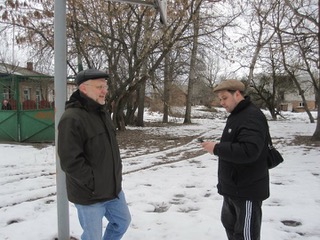
‘Leave everything’
About 75%-80% of the gross national product of Ukraine comes from the part of the country that Putin apparently covets, Ray noted. “That’s where all the mines are. That’s where the steel mills and factories are. That’s where the Antonov planes are made — the largest transport planes in the world.
“Trains, wagons, and tanks are all made in that part of the country. Putin would really like to have all that. There are friends we have in the city who wouldn’t want to stay there, but it isn’t like they can just put their house on the market. You just have to walk off and leave everything you have. You’re just displaced.”
Options are very limited with the Russian military on the move deeper and deeper into the country, Ray believes. “Putin is saying, ‘I’m going to push because I know how much I can get away with.’ It’s worth it to him to get whatever he can from there.
‘If he’s able to do so one day, I believe he’ll come after the Baltics, and they are in NATO. NATO will have to step up, because if they don’t help one of their own, they’ll fall apart.”
Preparing for refugees
Valerii Antoniuk, a Ukrainian pastor and president of Ukrainian Evangelical Baptist Churches, issued a statement that reads: “Thanks for your prayers and support at this difficult time. Now our Churches have prayers. We ask the Lord to stop the war.
“I have many visits in the churches and in Christian organizations in western Ukraine. We must prepare pastors and churches to accept refugees… We must prepare food and medical humanitarian assistance if cities are facing shelling.
“Many of our pastors at this time are preparing to serve as chaplains in the Ukrainian army. We do not know what happens this week or 10 days. But the Lord knows our tomorrow! We hope for the Lord. He is our defender.”
Send Relief activated
Coy Webb is crisis response director for the Send Relief joint ministry of IMB and Southern Baptists’ North American Mission Board, said as many as five million refugees may flee to neighboring countries.
“Send Relief was already responding with food relief and working to provide shelter, clothing, and ministry to those displaced and impacted by the pending crisis before the invasion began,” he said.
“Send Relief increased response further with support of a national partner in Ukraine in conflict areas and has committed significant release of funds for emergency food, shelter, and transportation to assist those being affected by this intensifying crisis of war,” he noted.
A Ukraine prayer guide can be found here. For information on how to support the relief effort, click here.
Pray
In contemplating the present situation for Ukrainian Believers, Ray said, “I wouldn’t advise people who are there what to do. What am I going to tell them? They’re already praying and they’re asking God to not let things happen.
“I could come up with all my platitudes, but my attitude is just to say, ‘Hey, we’re praying for you, we’re behind you, and we love you.’”
Ray encourages Christians around the world to pray for Ukraine. “Pray for the Believers. Pray for the churches. Pray for pastors. Pray for lost people, that somehow their hearts will be open as God speaks to them. They may realize they don’t have anything else to depend on.”

